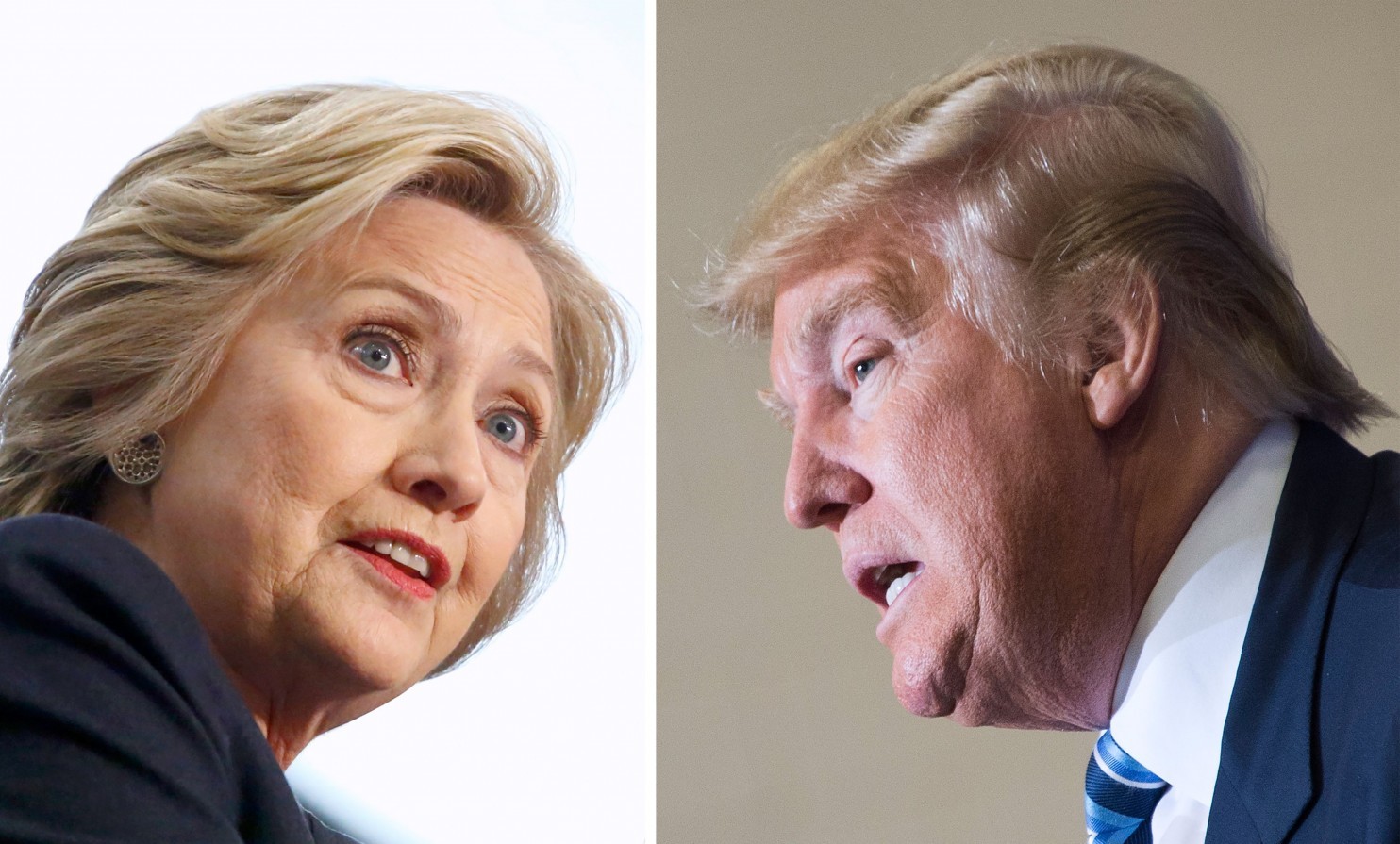
Stonewaller, shape-shifter, liar. I wrote this week about how an all-but-certain presidential nominee embodied these characteristics, prompting comments from readers observing, with varying degrees of snarkiness, that they had assumed I was referring to Hillary Clinton.
My target was Donald Trump, but these readers raise a reasonable and important question: Can’t the same criticism I heaped on the presumptive Republican nominee be applied to the Democratic front-runner? To all politicians, for that matter? Am I just whaling on Trump and going soft on Clinton because I disagree with Trump’s positions and agree, for the most part, with Clinton’s?
Some will conclude that I am simply in the tank for Clinton, willfully blind to her faults. (On that score, full disclosure: My college-age daughter has volunteered for the Clinton campaign as an unpaid intern this summer.)
But I’d make two countervailing points. First, I have been a tough critic of Clinton where it was merited: on her bone-headed decision to use a private email account and her clumsy handling of its aftermath, on her relentless speechifying and her refusal to disclose the transcripts of these remarks, on her about-face on trade.
Second, and this goes to the question of whether my assessment of Trump is motivated, intentionally or subconsciously, by ideological disagreement: In the three presidential election cycles during which I have been an opinion writer, I have never used language anywhere near that strong about previous Republican nominees.
Because Trump is different — in degree more than in kind, but in his case the difference of degree is a yawning chasm. All politicians deflect unwanted questions and demands for information (stonewaller). All evolve, if not outright flip-flop (shape-shifter). All, at times, say things that turn out to be untrue (liar). What puts Trump in a different league is his outright unwillingness to abide by the customary norms of disclosure (releasing tax returns); his reversals on issues within the course of a single interview, no less a single campaign; and his determined refusal ever to acknowledge error even when confronted with irrefutable facts to the contrary.
Contrast Clinton, which is not to say that she is pure or angelic.
On stonewalling, it is fair to say that Clinton has a penchant for secrecy. When Bill Clinton first ran for president in 1992, the Clintons declined to release tax returns prior to 1980, which would have revealed the quick $100,000 profit that Hillary Clinton made trading commodities. At the same time, the Clintons did release more than a decade’s worth of tax returns back then, and more since. Transparency is not Clinton’s first instinct. But Trump’s refusal to release his returns is so far outside historical practice that he makes Clinton look like the epitome of openness.
On shape-shifting, Clinton is not alone among politicians in altering positions in ways that can fairly be interpreted to accord with political interests. She said she was opposed to same-sex marriage when that position was politically convenient, and she changed that position when the political climate changed. She was for free trade agreements before she was against them, first praising the Trans-Pacific Partnership as the “gold standard” of trade deals and then assailing it.
Yet voters, agree or disagree, can have reasonable confidence about Clinton’s basic worldview and where she stands on issues. Trump is erratic. He stakes out a position one minute (punishing women who have abortions) and abandons it the next. He is against raising the minimum wage, but then supports a higher wage, or maybe not. He has a tax plan but might totally change it.
On lying, one of the common counts against Clinton involves her statements about what prompted the Benghazi, Libya, attack. Space prevents re-litigating that issue here, but the accusation of deliberate lying remains unfounded. As PolitiFact concluded, “There simply is not enough concrete information in the public domain for . . . anyone to claim as fact that Clinton did or did not lie to the Benghazi families.” The Post’s fact-checker, Glenn Kessler, similarly found there was not “enough evidence to label Clinton a liar.”
Clinton’s handling of another “lie” is instructive. At several points during the 2008 campaign, Clinton described “landing under sniper fire” in Bosnia in 1996; video debunked that account. But confronted with conflicting evidence, Clinton acknowledged that she “misspoke.” Has Trump ever backed down from his bevy of demonstrably false statements?
My point here is not that Clinton is a perfect politician — far from it. Still, she plays within the goal posts of ordinary political behavior. Trump operates far outside any of the usual lines.


